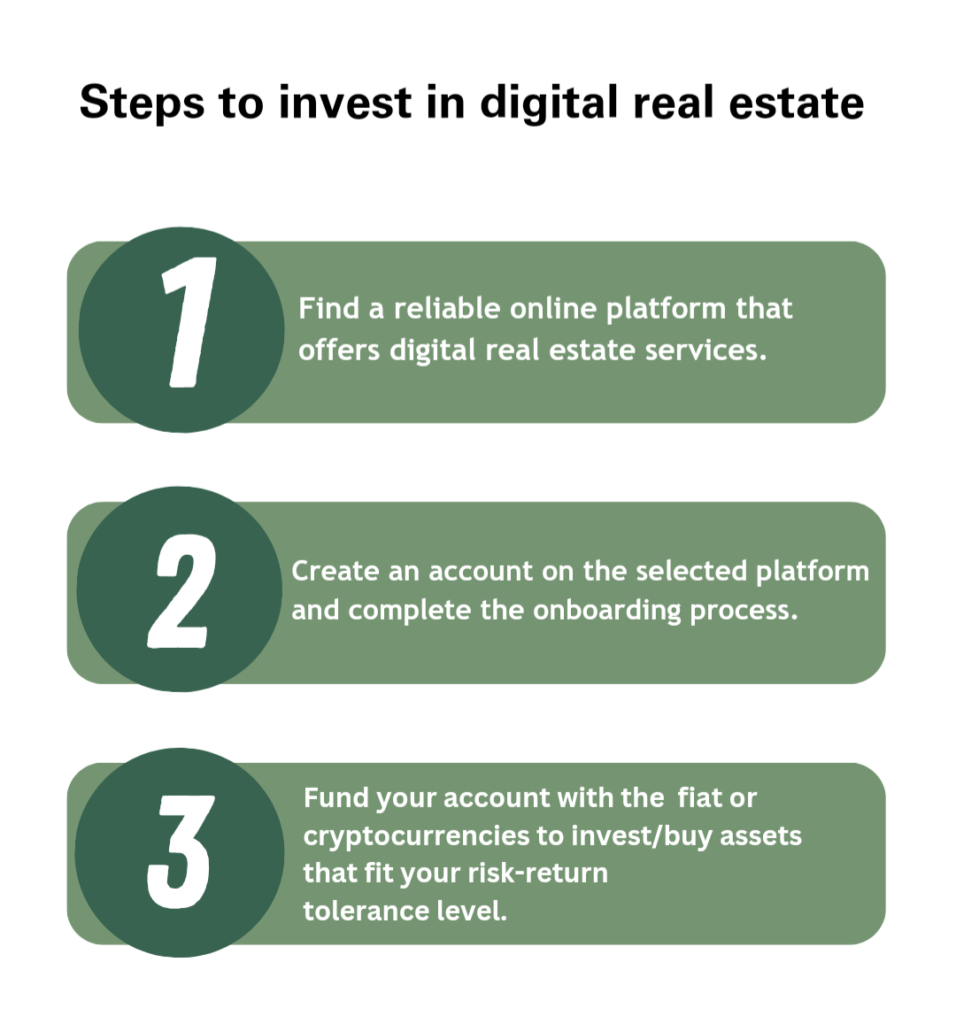As the 21st century continues to evolve in terms of access to and use of technology and its derivatives, it has affected many fields of human endeavor as well as business. Real estate has not been exempt from this tech revolution, as it has transcended physical boundaries and entered the virtual space. Digital real estate, a term coined to describe the online spaces we inhabit and navigate daily, is a field that has the potential to become a critical aspect of our lives. From social media profiles to websites and virtual storefronts, individuals and businesses alike are staking their claim and competing to make the most of this vast, dynamic domain.
The foundation of digital real estate rests on websites – the virtual storefronts of the modern era. With e-commerce booming and an increasing number of transactions occurring online, businesses understand the importance of having a robust online presence. A well-designed website is more than just a placeholder; it is a piece of digital real estate that can attract, engage, and convert visitors into customers. As technology continues to advance, the competition for prime digital locations intensifies.
Virtual tours have also emerged as a transformative force in the digital age, revolutionizing the real estate industry. As technology continues to advance, potential homebuyers now have the ability to explore properties from the comfort of their own homes. This paradigm shift is reshaping the way properties are marketed and making the homebuying process more efficient and accessible.
Social media platforms, too, play a significant role in the digital real estate ecosystem. Personal profiles on platforms like Facebook, Instagram, and LinkedIn serve as individual parcels, while business pages can be considered virtual storefronts. These spaces allow individuals and brands to showcase their identity, connect with others, and even monetize their digital presence. The dynamics of social media, akin to a bustling neighborhood, involve building relationships, engaging with content, and establishing influence.
However, as digital real estate evolves, so do the challenges. Privacy concerns, data security, and the ethical use of personal information become paramount considerations. Users and businesses must navigate these issues responsibly to ensure a sustainable and trustworthy digital landscape. The evolving regulatory environment adds another layer of complexity, as governments worldwide grapple with establishing guidelines for this burgeoning sector.
How to invest in Digital Real Estate
Investing in digital real estate involves a process similar to that required for Cryptocurrency trading. Some of the key steps are listed below:

Therefore, considering the dynamic and ever-evolving nature of digital real estate, it is important to get the most information and expertise in navigating this new space. Hence, this is why savvy REITs such as Tevason are important in helping new investors navigate the complicated space that is digital real estate and find the best angle from which to profit from this new phenomenon. From websites and social media profiles to the metaverse and blockchain-based transactions, individuals can actively tap into the digital possibilities of the spaces they inhabit in order to have an advantage in the new age of real estate investing.
Digital real estate is a rapidly growing field that offers new and innovative ways for individuals and businesses to thrive in the online world. With the rise of technology and an increasingly virtual society, the demand for valuable virtual assets will continue to expand. As with any investment, cautious research and understanding the market dynamics are key to success in this exciting and dynamic domain. Whether you’re an entrepreneur looking to establish an online presence or an investor seeking new opportunities, digital real estate may hold the key to unlocking your digital success.

Leave a Reply